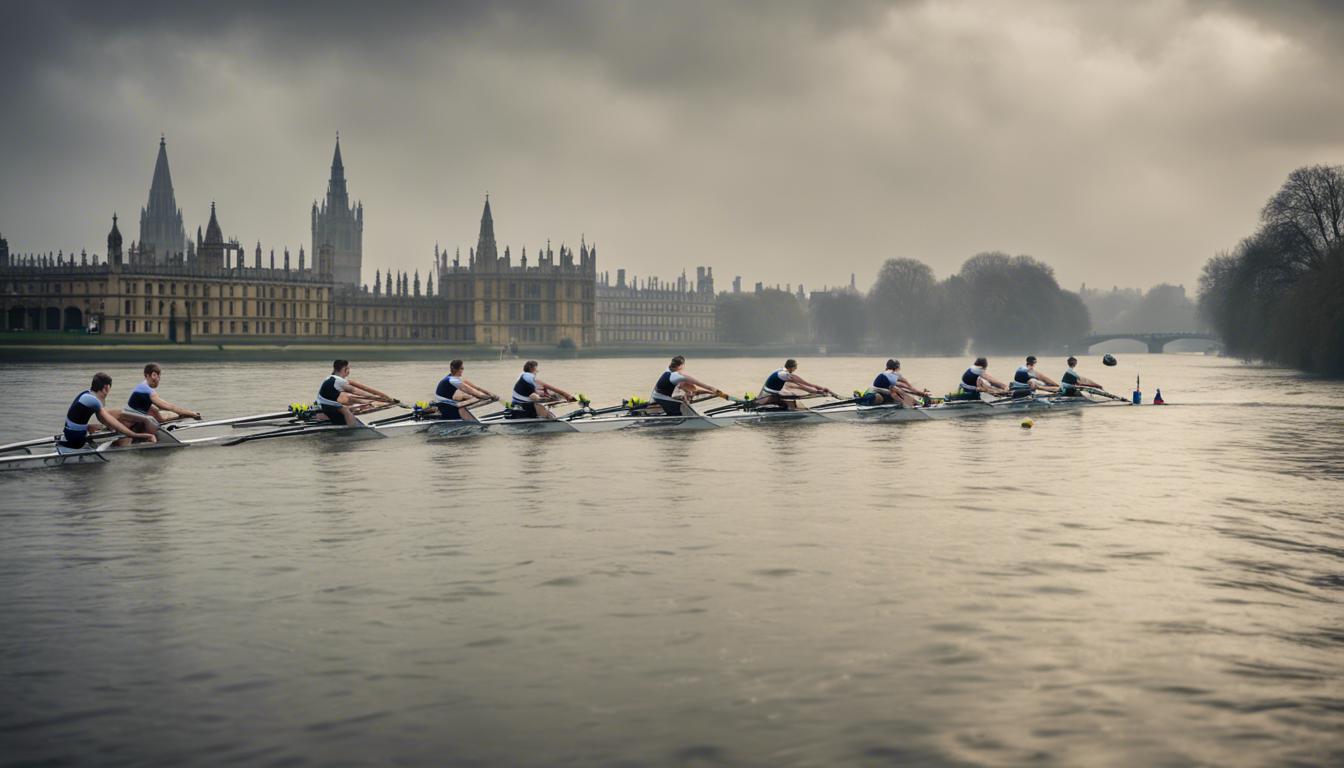Allegations of a sickness bug affecting Oxford’s crew, potentially linked to E. coli in the Thames, raises questions about water safety and prompts discussions on environmental stewardship in the wake of Cambridge’s dual victories.
During the recent Boat Race, the Oxford crew faced a significant challenge as claims emerged regarding a sickness bug affecting several of its members, potentially linked to high levels of E. coli bacteria in the River Thames. The historic rowing event, which witnessed Cambridge winning both the men’s and women’s races, came under the spotlight not only for the competitive spirit of the teams but also due to the environmental concerns raised by the presence of the bacteria.
Concerns were voiced by the Oxford men’s team following their loss, with athletes pointing to the debilitating impact of the illness on their performance. It was reported that the sickness was caused by an E. coli strain, prompting the Boat Race organisers to seek further details from the Oxford University Boat Club on the matter. The issue of water quality came into focus, especially given Thames Water’s recent scrutiny over sewage discharges into the river. This situation has prompted discussions on the need for the government to take action, including considerations for the renationalisation of Thames Water, to ensure water safety for future athletic events.
The race, which traditionally culminates in the winning team celebrating by jumping into the river, saw a deviation from this practice due to the heightened health risks associated with the detected E. coli contamination. Despite the adversity faced by the crew, Oxford’s cox, William Denegri, acknowledged the stomach bugs’ impact on their preparation but remained uncertain about the direct linkage to the river’s pollution.
The Cambridge teams’ victories, with the men’s team overcoming Oxford who were the favourites, and the women’s team securing their sixth consecutive win, were overshadowed by the environmental and health concerns that have since ignited calls for cleaner waterways to protect athletes and the broader public. The incidents during this year’s Boat Race have drawn attention to the broader issue of environmental stewardship and public health safety in sports events.













